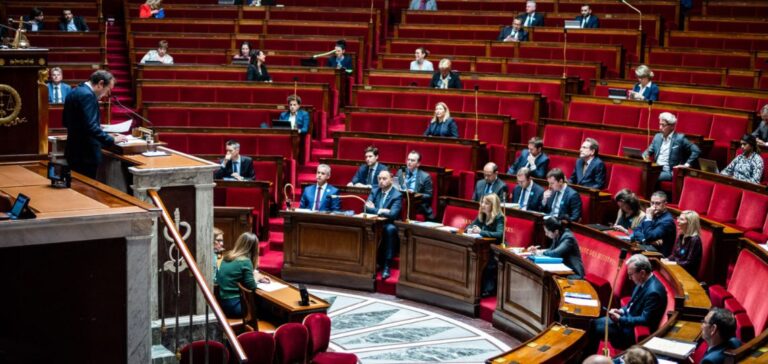The French Senate recently published a report advocating a targeted cut in VAT on electricity, to reduce household bills. The Senate commission of inquiry on electricity recommends reducing the VAT rate from 20% to 5.5% for “basic consumption” by households, defined by a specific volume of consumption, and maintaining the 20% rate above this threshold. This measure is designed to make the reduction fairer and financially viable for the State.
The aim is to reduce French electricity bills by over 40% for basic consumption. This initiative, combined with theintroduction of nuclear contracts with EDF, could generate significant savings for consumers. The report states that the measure would cost 3.5 billion euros annually, compared with 12 billion for a general VAT cut.
Impact on households and businesses
For a household in an electrically-heated apartment consuming 6 MWh per year, the VAT reduction could translate into annual savings of 600 euros. Small retailers, such as bakers, could also benefit from substantial reductions in their energy bills.
The Senate report also proposes Contracts for Difference (CFDs) with EDF, guaranteeing a fixed price for existing nuclear power of between 60 and 65 euros per MWh. These contracts would protect both producers and consumers against fluctuations in market prices.
Electricity production forecasts
The Senate commission also examines the outlook for electricity generation in France, anticipating a 38% increase in demand by 2035, reaching 700 TWh in 2050. To meet this growing demand, the report recommends optimized extension of existing nuclear power plants and reasonable development of renewable energies.
However, the report warns of the high cost of integrating renewable energies into the energy mix, due to the investment required in networks. It also highlights the risk of natural uranium becoming increasingly scarce, and calls for more research into fast-neutron reactors to recycle nuclear waste.
The Senate insists on the need for long-term energy planning for France, to secure energy supplies and stabilize costs for consumers. This programming should include the extension of existing nuclear power plants, the construction of new reactors and a prudent increase in renewable capacity.






















